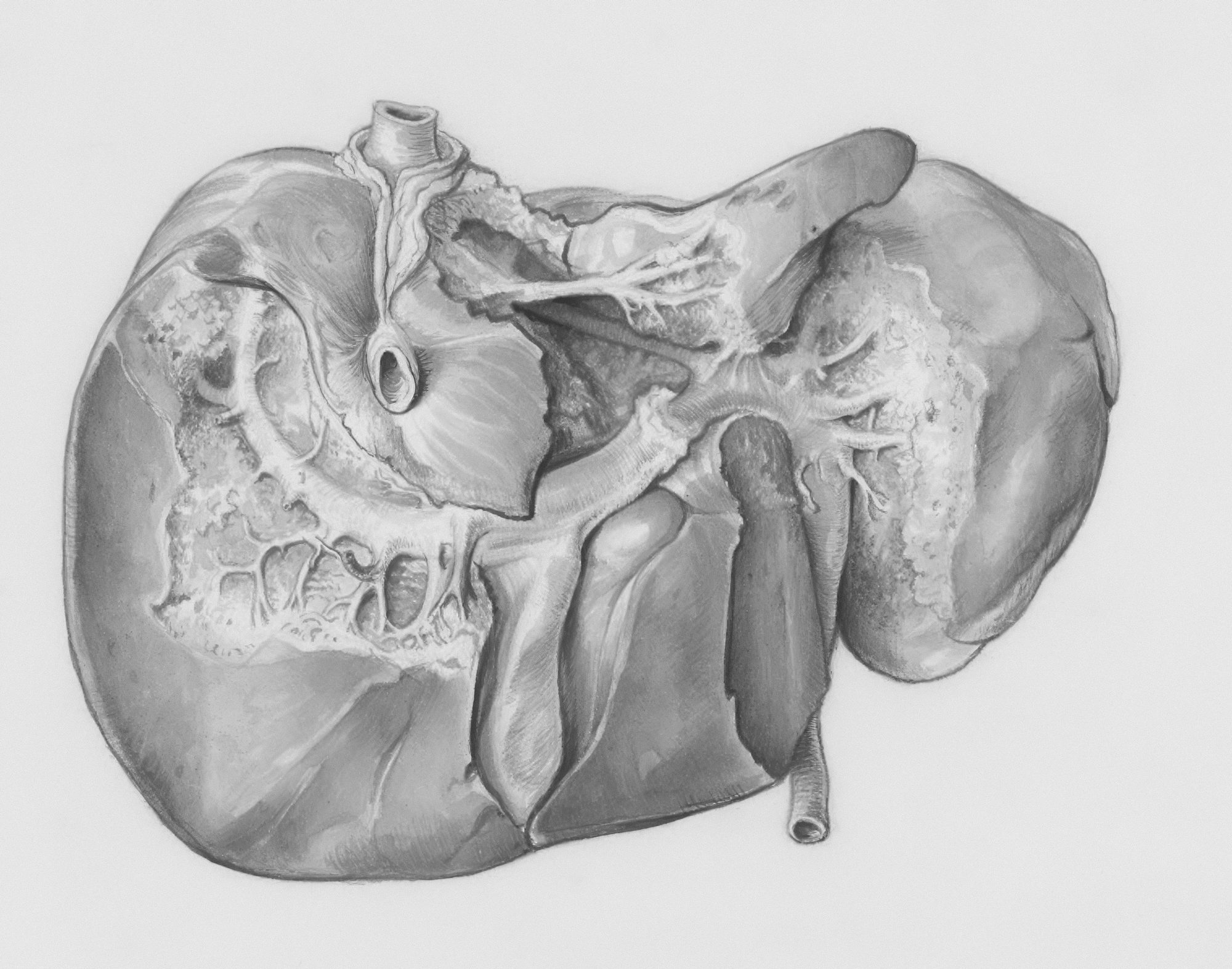In today’s healthcare landscape, specialty clinics have emerged as vital components of the medical system, offering targeted services tailored to specific health needs. Unlike general medical clinics that provide a broad range of services, specialty clinics focus on particular areas of health, ensuring that patients receive expert care from professionals with in-depth knowledge. This article will delve into the various types of specialty clinics, their services, and how they can enhance patient care and outcomes. One of the most recognized types of specialty clinics is the dental clinic. Dental clinics focus on oral health, offering a wide array of services including routine cleanings, fillings, orthodontics, and cosmetic procedures. Regular visits to a dental clinic can help prevent common oral health issues and ensure that patients maintain healthy teeth and gums. Dentists and dental hygienists not only provide treatment but also educate patients on proper oral hygiene practices and dietary choices that promote dental health. By fostering a strong relationship with patients, dental clinics contribute significantly to lifelong oral well-being. Another important category of specialty clinics is orthopedic clinics. These clinics specialize in the diagnosis and treatment of musculoskeletal conditions, such as joint issues, fractures, and sports injuries. Orthopedic specialists utilize a combination of diagnostic tools, such as imaging and physical assessments, to determine the best course of action for their patients. Treatments may range from physical therapy and rehabilitation to surgical interventions when necessary. The emphasis on personalized care ensures that each patient receives a tailored treatment plan aimed at restoring function and improving quality of life. Cardiology clinics also play a crucial role in healthcare, focusing specifically on heart health. These clinics provide comprehensive evaluations for individuals at risk of cardiovascular conditions, utilizing advanced diagnostic tools to monitor heart function and detect potential issues early. Patients benefit from regular check-ups, lifestyle counseling, and treatment plans designed to manage heart health effectively. Through this specialized approach, cardiology clinics help individuals maintain optimal cardiovascular health and reduce the risk of more serious complications. Ophthalmology clinics are dedicated to eye health and vision care. These clinics provide services ranging from routine eye exams and vision correction to advanced treatments for eye diseases. Patients can receive personalized care tailored to their visual needs, including prescription glasses, contact lenses, and surgical options for conditions like cataracts and refractive errors. Regular visits to an ophthalmologist ensure that individuals maintain healthy vision throughout their lives, allowing for early detection and management of potential eye-related issues. Dermatology clinics focus on skin health, offering a range of services from medical treatment for skin conditions to cosmetic procedures aimed at enhancing appearance. These clinics are equipped to handle issues such as acne, eczema, and skin cancer screenings. Dermatologists provide education on skincare routines and sun protection, emphasizing the importance of maintaining skin health. By addressing both medical and aesthetic concerns, dermatology clinics empower patients to take charge of their skin health. Psychiatric clinics are vital in the realm of mental health, providing specialized care and support for individuals facing mental health challenges. These clinics offer a range of services, including therapy, counseling, and medication management. By fostering an environment of understanding and support, psychiatric clinics help individuals develop coping strategies and improve their overall mental wellness. Regular visits and follow-up care ensure that patients receive the ongoing support they need to thrive. For individuals requiring immediate medical attention for non-life-threatening issues, urgent care clinics provide a convenient option. Open outside of regular office hours, these clinics are designed to address acute health concerns quickly and efficiently. Patients can receive treatment for minor injuries, infections, and other conditions that do not require emergency room visits. Urgent care clinics often emphasize follow-up care and preventive measures, helping patients stay informed about their overall health. Women’s health clinics are specialized centers dedicated to addressing the unique healthcare needs of women. These clinics provide services such as gynecological exams, family planning, and reproductive health counseling. By offering a safe and supportive environment, women’s health clinics empower patients to discuss their health concerns openly and receive personalized care. The focus on preventive services and education helps women make informed decisions about their health and well-being. Rehabilitation clinics offer essential services for individuals recovering from injuries or surgeries, focusing on physical therapy, occupational therapy, and speech therapy. These clinics provide tailored rehabilitation programs designed to help patients regain strength and functionality. By working closely with healthcare professionals, individuals can set achievable recovery goals and receive the support needed to enhance their quality of life. Travel clinics are increasingly important for individuals planning trips, especially to regions with specific health risks. These clinics offer vaccinations and health advice tailored to the destinations travelers plan to visit. By ensuring that travelers are informed about necessary precautions and health considerations, travel clinics play a crucial role in promoting safe travel experiences. Community health clinics are dedicated to providing accessible healthcare services to underserved populations. These clinics often offer a range of preventive services, screenings, and health education to promote health equity. By addressing social determinants of health, community health clinics work to improve health outcomes within specific communities, ensuring that all individuals have access to necessary care. Pain management clinics specialize in helping individuals manage chronic pain conditions through a variety of therapeutic interventions. These clinics focus on developing personalized pain management plans that may include physical therapy, medication management, and alternative therapies. By addressing pain holistically, pain management clinics aim to enhance the quality of life for patients experiencing chronic discomfort. Diagnostic clinics are essential for providing advanced diagnostic services, including imaging and laboratory tests. These clinics play a critical role in identifying health issues early, allowing for timely intervention and treatment. By ensuring accurate diagnoses, diagnostic clinics help streamline the healthcare process and enhance patient outcomes. Occupational health clinics cater specifically to the healthcare needs of workers, offering injury care, physical exams, and workplace health assessments. These clinics promote employee wellness and safety, helping to minimize workplace injuries and ensure a healthy work environment. By prioritizing occupational health, these clinics contribute to the overall well-being of the workforce. In conclusion, specialty clinics are indispensable in the healthcare ecosystem, providing targeted services that enhance patient care and outcomes. From dental and orthopedic clinics to women’s health and travel clinics, each specialty offers unique expertise that addresses specific health needs. By fostering a proactive approach to health, specialty clinics empower individuals to take control of their well-being, ensuring that they receive the personalized care necessary for a healthier future.
Current Article:
Navigating the World of home remedies for hypertension Specialty Clinics: Finding the Right Care

Categories
Clean living
Navigating the World of home remedies for hypertension Specialty Clinics: Finding the Right Care
October 30, 2024
Related Post
Categories
Clean living
Exploring the Importance of Hypertension Nutrition in Modern Healthcare
February 19, 2025
Categories
Clean living
Categories
Clean living




